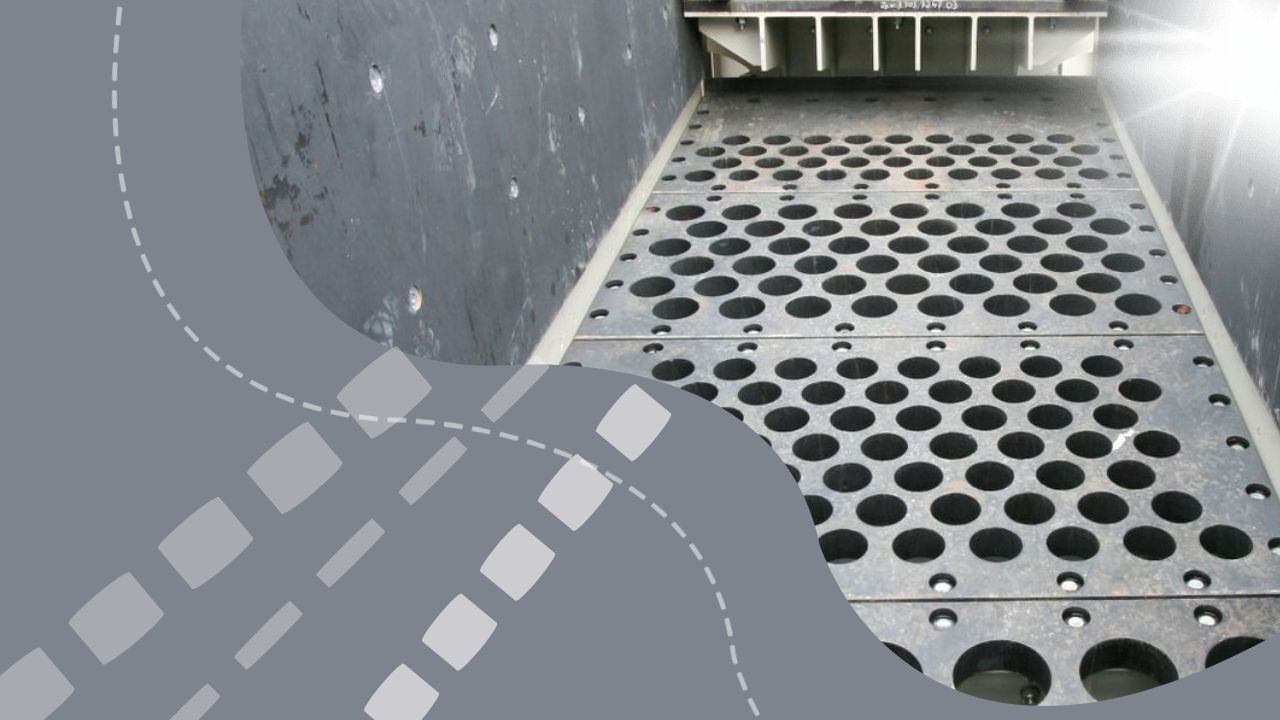Rolls-Royce Holdings PLC (LSE:RR.)’s mini-nuclear plans have seemingly suffered a setback with the UK’s first privately funded station to use reactors built by Westinghouse.
The US group said it signed an agreement with Community Nuclear Power to install four AP300 small modular reactors (SMRs) at the North Teesside project to generate up to 1.5 gigawatts of power or enough for up to two million homes.
Westinghouse added it hopes to have the first AP300 operating unit available in “the early 2030s”.
“The advantageous economics of the AP300 SMR are based on robust analysis and existing project costs from AP1000 reactors already in operation or development on three continents,” it added.
Mini-reactors or SMRs were a key plank of former prime minister Boris Johnson’s plans to rejuvenate Britain’s nuclear industry and hit his green energy targets.
Through their modularised designs, SMRs can be assembled in factories rather than on-site and thus offer a cheaper and quicker way of providing carbon-free energy.
Paul Foster, Community Nuclear Power’s chief executive, said: “This project brings together Westinghouse’s proven technology and mature supply chain with our depth of expertise in nuclear programme delivery, in a region that is transforming its industrial landscape.
“We are delighted to be working with Westinghouse in support of private deployment in North Teesside,” he added.
David Durham, Westinghouse president, Energy Systems added. “Our AP300 SMR is ideally suited not just to support grid generation, but also for industrial sites for generating clean and secure energy and the ability to produce hydrogen, e-fuels, desalination and district heating.”
Lord Houchen, the mayor of Tees Valley, said one of the major issues it faced was the lack of policy clarity in the UK over SMRs.
Although reportedly ahead of the competition, Rolls-Royce’s SMR is still said to be only mid-way through the UK approval process.
The new power station is being entirely privately funded and will be sited at Seal Sands, a former chemical works.

